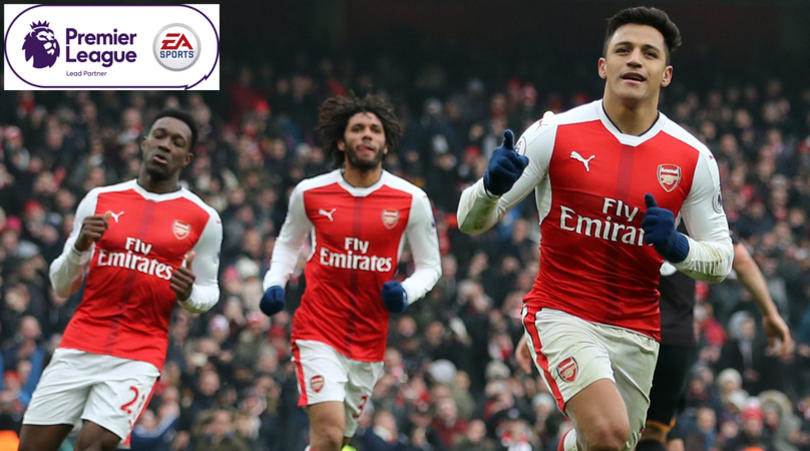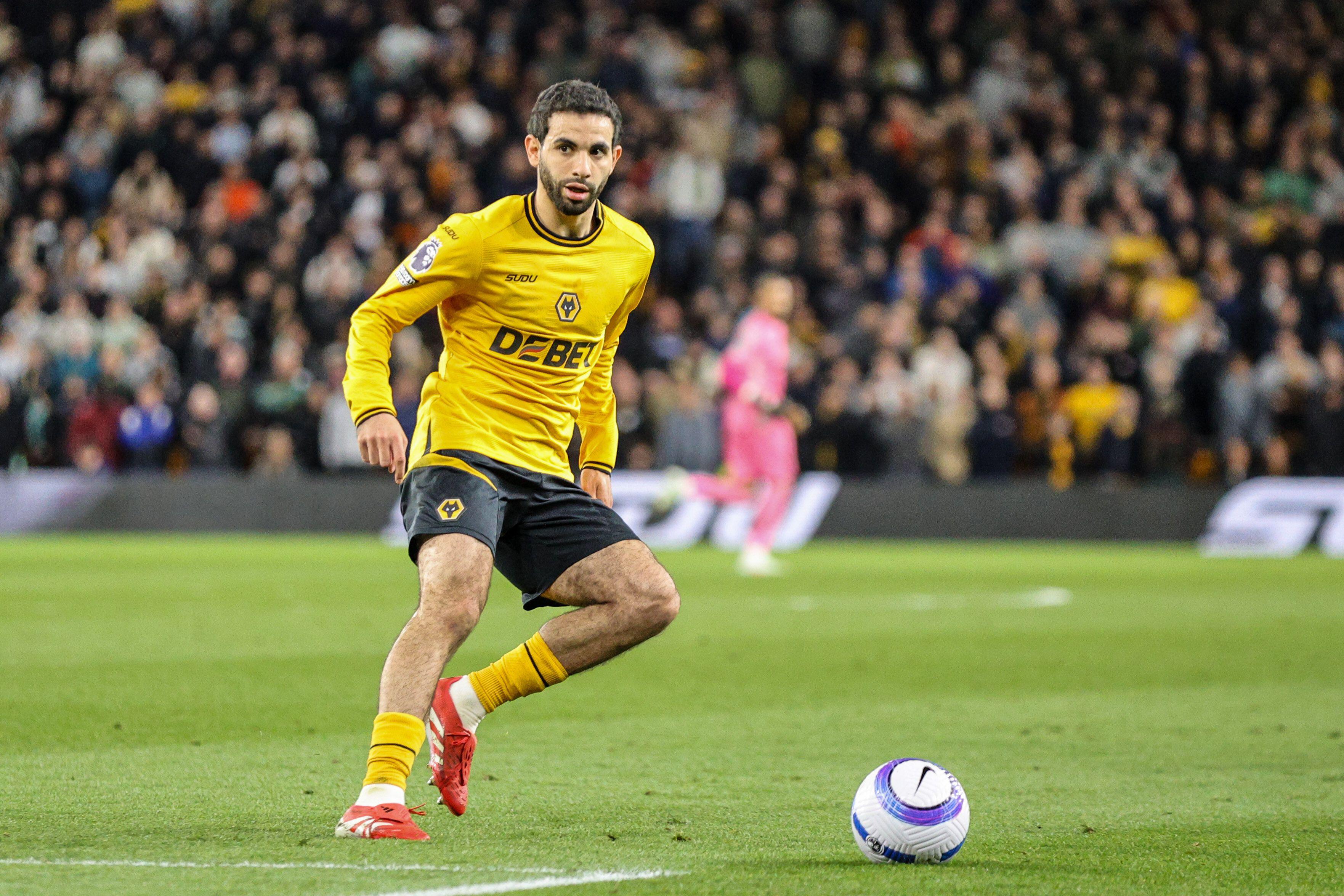Arsenal needn't worry about long-term decline – superclubs are simply immune from it
The Gunners are being described as a sinking ship, but these types of clubs just don't fail that easily
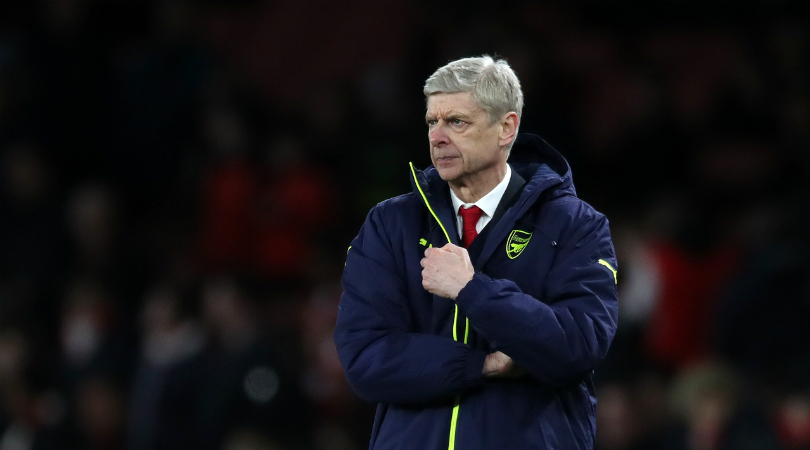
Obituaries are being written for Arsenal. Not just Arsene Wenger, but Arsenal the club.
Some of that is admittedly tabloid gibberish, written with a crayon and shouted through a megaphone, but it does still seem to represent a growing minority perspective. The prevailing belief is that boom-and-bust cycles live on.
Truthfully, they don't – or, at least, not for clubs of Arsenal's size. Financially, they are perhaps not quite as fireproof to failure as Manchester United, Manchester City or Chelsea, but many of the same modern truisms still apply: one being that, for the game's glitterati, it never takes more than a single summer to correct a trajectory.
Admittedly Chelsea are an anomaly. Because of how curious last season was, for them and the league as a whole, they have been able to bounce from mid-table to the top of the pile extraordinarily quickly. Ordinarily, with an established champion from the traditional top four, that would likely have proven impossible – regardless of Antonio Conte's virtues.
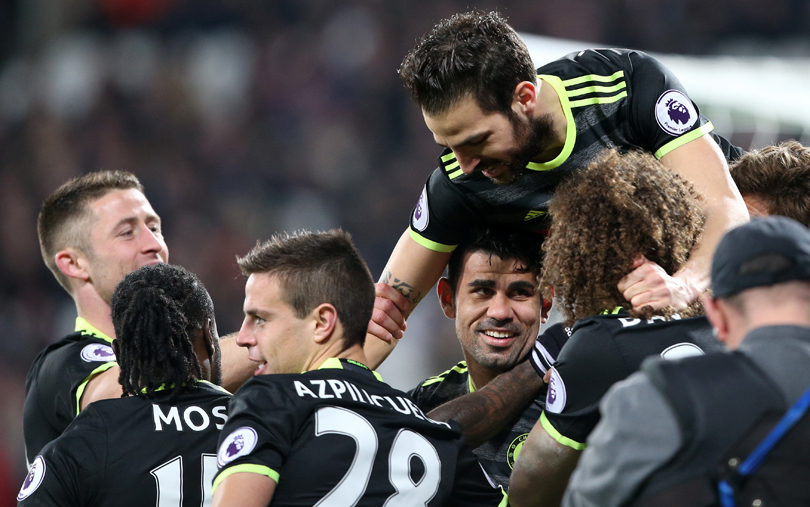
Quick changes
What is true, however, is that even if last year's Premier League had been won by a City or United, Chelsea would have quickly and dramatically reversed their trend with a change in manager and a bold issuing of cheques. An Antonio Conte here, an N'Golo Kante, Marcos Alonso, and David Luiz there and, immediately, all was fine again.
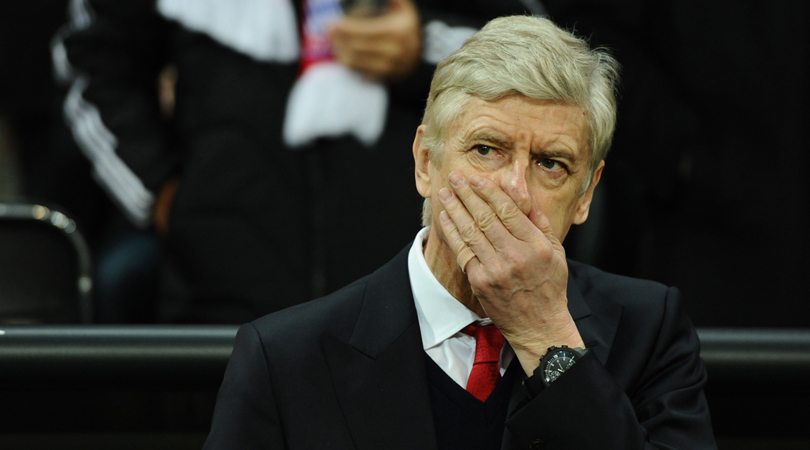
BACK OF THE NET Wenger absolutely despises Arsenal, says source
Civilian teams certainly do still work in traditional cycles. Irrespective of the new television deal, sides that generally exist between sixth and 15th are subject to stricter rules of progression. Because of their relative economic disadvantage, the inferior stage they offer and the wages they're limited to paying, those clubs must still recruit on a long-term basis, must progress in multi-year stages, and also develop in far smaller increments.
Get FourFourTwo Newsletter
The best features, fun and footballing quizzes, straight to your inbox every week.
It is not possible, for instance, that Stoke and Mark Hughes make a 10-place leap by signing three off-the-peg players at a cost of £150m.
But for Arsenal, it is: the cost of failure – even long-term – has never been less. They may not be a year away from the title and this season may yet leave them outside the Champions League places, but that's nothing that a smart appointment and heavy spending (of which they are capable) wouldn't solve.
To say that they have entered a period of long-term decline, then, is to ignore the changing environment and to believe, naively, that big-club failure carries serious consequences. It doesn't and examples of why lie all around.
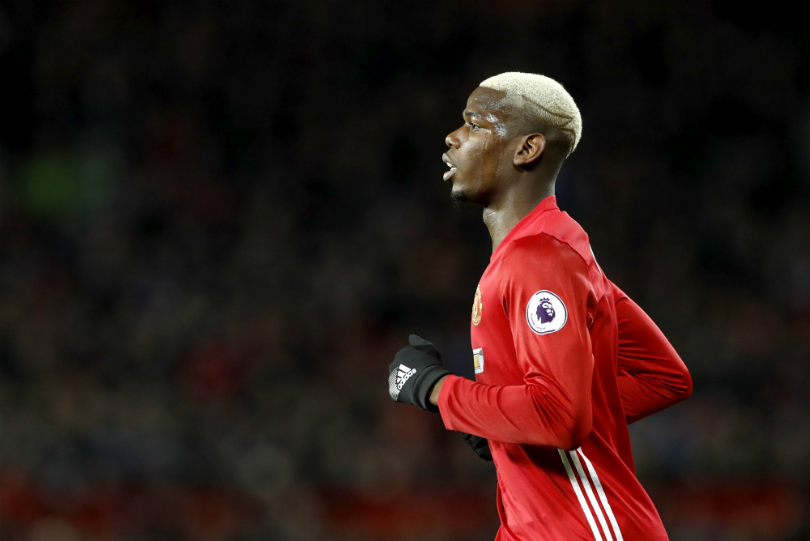
Superficially, Manchester United would appear to be an exception. Alex Ferguson's retirement and their absence from elite continental football would seem to suggest that dysfunction comes at a price. However, United's malaise has really been a product of their own inefficiency rather than their circumstances.
They could have made a better appointment than David Moyes and they might have been more progressive than to hire a soon-to-be-retiring Louis van Gaal. That they did neither was a symptom of poor decision-making rather than any restrictive limitations.
Similarly, that they remain in sixth-place under Jose Mourinho is something for which he must take responsibility; the team United regularly field and the players they have signed should have allowed them to reach a higher level than the one they currently occupy.
It's worth noting that United, in spite of what's largely termed a decline, recently announced that their profits have grown for a 12th straight year
They – and to a lesser extent, Arsenal – embody the nature of modern football. Both clubs have large, cash-yielding stadiums, both have highly developed and diverse commercial interests and, consequently, their individual seasons exists in virtual vacuums.
Beyond squad intangibles such as confidence and form, their year-on-year performance is shaped by annual recruiting decisions; decisions which, typically, are unaffected by the way a campaign ends and which are funded by ever-increasing revenue.
Reload and recharge; it's worth noting that United, in spite of what's largely termed a decline, recently announced that their profits have grown for a 12th straight year. No matter how many crosses they played under Moyes or how lifeless their football was under Van Gaal, they kept getting stronger.
And that, as the online meme goes, is the real quiz: it's far harder for the modern superpowers to fail than it is to succeed. Even when they lose, they really still win.
When a prospective signing is being shown around the Emirates in the summer, giddily excited by the numbers on his contract, he will not care about this week's loss to Bayern Munich or that recent defeat by Watford – only that the club he's joining appears able to satisfy his sporting and financial ambitions.

Conversely, a team from outside the established crowd must tread perilously in order to infiltrate it. Their on-pitch improvement must last for long enough to appear indicative of permanent improvement, while at the same time avoiding the predatory tendencies of those circling above.
Players want long-term guarantees of European football and want to be part of a competitive side every year – assurances which can't be given by clubs who weren't in the right place when the Sky Sports oil well spouted gold.
Sky Sports made both rising to prominence and falling from grace far harder; more difficult to climb the mountain, but easier to make permanent camp at its summit
That moment in football's history made both rising to prominence and falling from grace far harder; more difficult to climb the mountain, but easier to make permanent camp at its summit.
As an example, if Tottenham weren't to finish in the top four this season, Daniel Levy might well struggle to hold onto Dele Alli, Christian Eriksen and Toby Alderweireld. But even if Manchester United were to finish in consecutive sixth-placed finishes over the next two season, Paul Pogba and Henrikh Mkhitaryan would remain at Old Trafford.
Different playing fields
The size of the respective contracts partly shape that scenario, but of equal importance is the status of the two clubs: Spurs need one bad season to be defaulted back from where they came, whereas United would only be devalued by long-term, cataclysmic failure.
Tellingly, no matter where Mauricio Pochettino's side finish the current season, the odds on them placing below Mourinho's players in 2017/18 will still be very short.
Even a two or three year hiatus from the Champions League only has real currency in the playground of oneupmanship
Beyond a certain point in football's atmosphere, the rules are different. Arsenal are one of the lucky few for whom each year brings a fresh start from which anything is theoretically possible.
They work under tougher constraints than United: their global fanbase isn't as large and their commercial network not as diverse. However, regardless of current perceptions of his job performance, Arsene Wenger's time at the club has led it into that rare air. Losing to Bayern Munich is a (major) disappointment rather than a disaster, and even a two- or three-year hiatus from the Champions League only has real currency in the playground of oneupmanship.
The domestic television contract is too big, the club's brand is too developed; it would be a dent rather than a puncture.
Clubs of that size just don't stumble onto paths of terminal decline. If Arsenal were to break the world transfer record for a player with no resale value, then maybe that would come with damaging consequences. If they were sold to a charlatan owner with an asset-stripping agenda then, yes, that too would be seriously undermining. But there is no hint of that.
If and when Wenger leaves, Arsenal will start afresh from a very favourable position and have an instant opportunity to procure and purchase their way out of their malaise.
These clubs are less football teams and more regenerating armies, underwritten by endless replacement soldiers and limitless weaponry. They may stumble from time-to-time, but they never actually retreat.
Seb Stafford-Bloor is a football writer at Tifo Football and member of the Football Writers' Association. He was formerly a regularly columnist for the FourFourTwo website, covering all aspects of the game, including tactical analysis, reaction pieces, longer-term trends and critiquing the increasingly shady business of football's financial side and authorities' decision-making.
